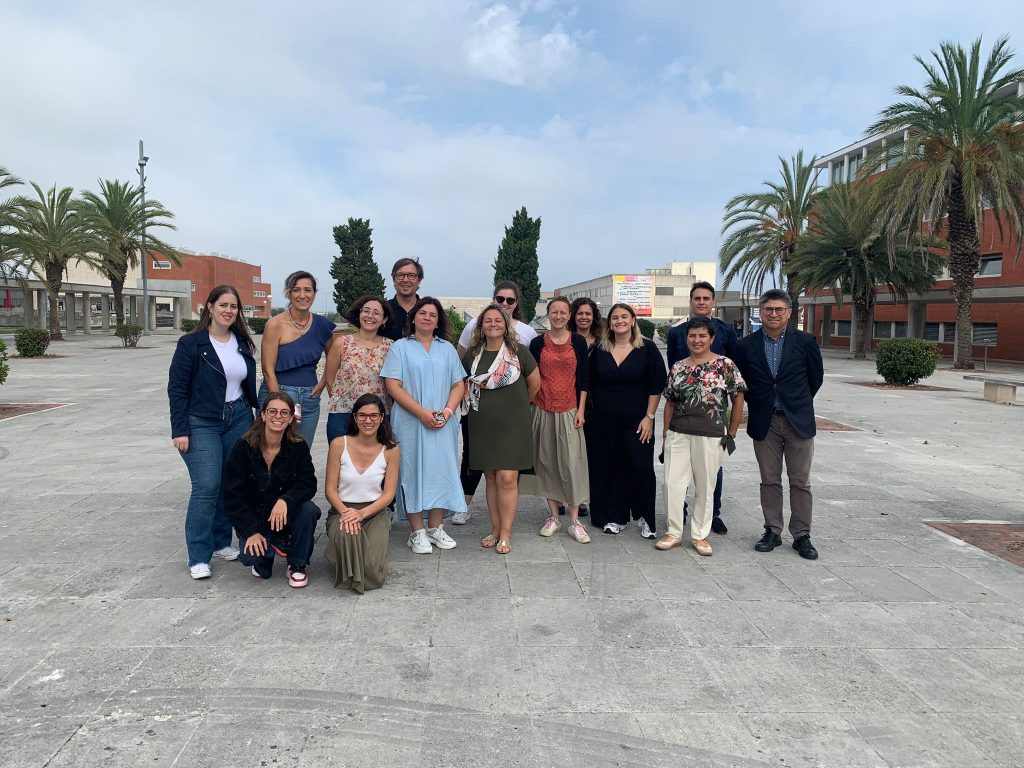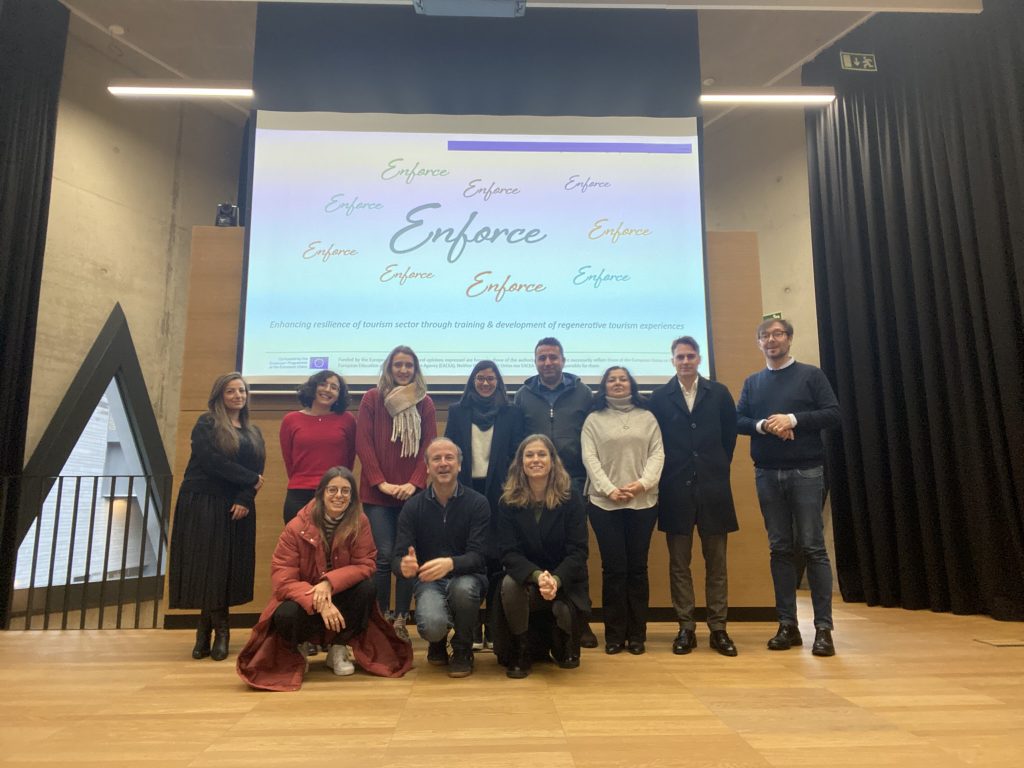Antoinve Duval Pescatourisme
When you listen to Antoine Duval, it’s hard not to want to climb aboard his boat, feel the salty wind brushing your face, and set sail on the ocean to uncover its mysteries and the rugged cliffs of Corsica. At 72, this fisherman from Propriano is both a lover of the sea and one of its fiercest defenders. President of the Mediterranean Association of Pescatourism, his story is that of a man committed to passing on a precious heritage while reinventing it for future generations.
A Regenerative Breath for the Corsican Coast
Antoine Duval has been a fisherman all his life, like his father, grandfather, and now his son. The ocean runs through his veins, but he has also witnessed its transformation over the decades. “I knew the sea when it was pristine, free from pollution and recreational boating, with only fishermen. Today, we see it deteriorating.” Antoine is one of the first to argue that to preserve the sea, we must act against overcrowded tourism and unregulated practices. “In summer, it’s chaos. The coves are crowded with boats, getting too close to the coast, and sailboats navigate without permits… Some destroy the Posidonia meadows, leaving the fish with nowhere to shelter!”
A first-hand witness to the impacts of climate change, overfishing, and increased tourism, Antoine refuses to resign himself to the decline. For over 40 years, he has been involved in committees and associations defending the rights of fishermen and protecting marine resources. He also advocates for the management of invasive species, such as the blue crab, which has become a scourge in the region. Yet, he remains hopeful thanks to growing efforts to protect the marine environment and local initiatives, such as Corsican marine reserves—pioneers in France—and innovative projects led by the Stellamar research center, which works to restore declining species.
Faced with the decline of artisanal fishing, pescatourism has become a lifeline for many fishermen. By combining the discovery of traditional fishing practices with education about marine ecosystems, this activity offers a new perspective on the trade. “Many fishermen couldn’t make ends meet,” Antoine explains. “Now, they can reduce their pressure on marine resources while diversifying their income. A fisherman with two or four passengers will set fewer nets because part of his day’s earnings comes from tourists.” This activity helps revive interest in the profession. By welcoming visitors, Antoine and other fishermen share their love of the sea and fishing, perhaps inspiring new vocations among younger generations.
Preserving and Passing On
Beyond providing income for the local population, pescatourism breathes new life into a fading skillset. By sharing their daily routines with passengers, fishermen offer above all a human adventure: a trip out to sea, pulling in the nets, and discovering Corsica and its traditions. “I explain how we work, tell them the history of the region, and even about the factories and churches you can see along the coast…”
Beyond the boats, Antoine continues to work on passing down this heritage to an even wider audience. He collaborates with the mayor on the development of a fishing museum in Propriano. “With the museum, we want to share the history of our trade: traditional fishing, the methods of the past, and commercial fishing. There will be an entire floor dedicated to raising awareness about the environment and protecting marine biodiversity.” He also devotes his free time to visiting schools, showing children how to make fishing nets and traps, telling them about the history of fishing in Corsica, and teaching them about the richness and fragility of marine life.
The sea is his refuge. “When you’re at sea, your mind clears, and you find peace.” It’s this feeling he wants to share with his passengers: a mix of serenity and fascination for the ocean’s mysteries. Every outing is an adventure, a meeting with nature. “When you pull in the nets, it’s always a surprise. We’re on the front lines of nature.”
Pescatourism builds a bridge between past and future. The success of this practice shows that artisanal fishing can not only survive industrial fishing but also thrive in a changing world, restoring meaning and appeal to an ancestral trade. In the end, listening to Antoine Duval teaches us to see the sea differently—to protect it and to celebrate it.







